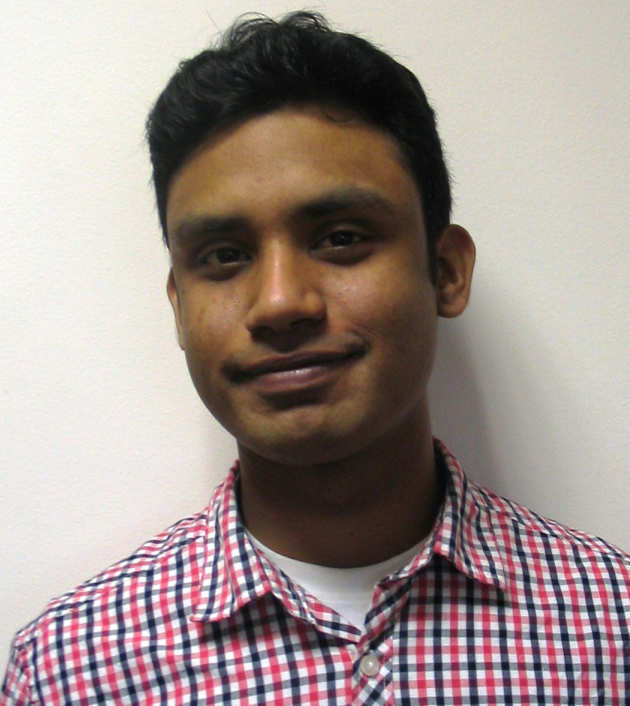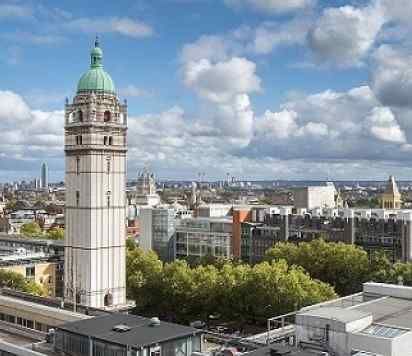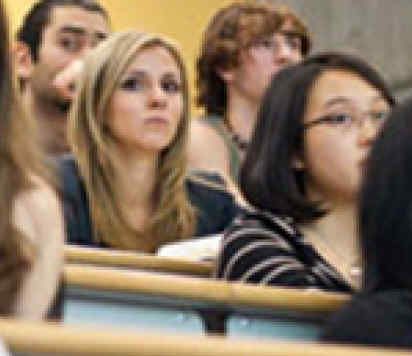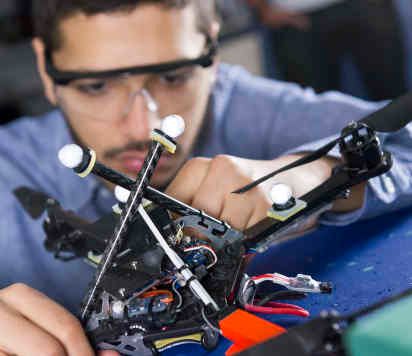 1. Why did you decide to study an MSc in Advanced Computational Methods for Aeronautics at the Imperial College: Department of Aeronautics?
1. Why did you decide to study an MSc in Advanced Computational Methods for Aeronautics at the Imperial College: Department of Aeronautics?
This Master's programme offers a unique blend of research and practicality. This programme has particularly helped me to realize that as you go up the rungs of the ladder, the boundaries between various disciplines in Science gradually begin to fade.
2. What makes the MSc in Advanced Computational Methods for Aeronautics programme in Department of Aeronautics unique?
The MSc programme is rigorous and demands a lot of involvement from the student. The uniqueness comes from the diversity of the nature of courses offered and the bag of skills that you pick up whilst a graduate student.
3. What do you think of the Department’s facilities?
The Department is constantly evolving and tries its best to provide state of the art facilities in terms of Computing, Wind Tunnels and the Labs.
SaiPrasanth Bhalachandran
Programme: MSc in Advanced Computational Methods for Aeronautics
Mode of Study: Full-time
Entry Year: 2012
Nationality: Indian
Undergraduate: Bachelors of Technology in Mechanical Engineering
Institution: Sastra University, India
Years: 2008-12
Work Experience: Central Mechanical Engineering Research Institute, CSIR Labs, India
4. How would you describe the community/culture at Imperial?
Imperial probably has the most cosmopolitan atmosphere I have ever experienced. There are people from so many different cultures and it is interesting to find unity in diversity.
5. Which courses or subjects have you enjoyed most so far?
My favourite courses have been Separated Flows and Fluid Structure Interaction and Turbulence.
6. Have there been any seminars or events at the Department that have been useful in developing your skills and knowledge?
I attended the turbulence seminar series, the Royal Aeronautical Society presentations and a few Master class presentations. They were very insightful.
7. Describe a typical day as a Department of Aeronautics MSc student.
Most days in the week typically have five hours of classes or so. Apart from hanging out with our classmates, I spend extensive time in meeting the Professors in the Department, exchanging ideas, seeking guidance and sometimes even cracking jokes with them! Most of our days are full of coursework deadlines or tutorial sheets and assignments.
8. Describe your experience of being on the MSc in Advanced Computational Methods programme. How is it helping to shape your future goals and career aspirations?
The experience has truly been cherishable so far. I have had to better my best with every assignment or course. That is how I have grown as a person. It has given me a matured confidence.
9. How has the programme helped you to develop your skills?
The programme requires a wide variety of application of skills right from the assignments, quizzes, course work to presentation of ideas to Professors, applying for internships etc.
10. Moving away from study, what has been your experience of the social life at Imperial and in London?
When the going gets too tough, I steal my way to the Blyth Music Centre and play the piano. This apart, I have been a Rector’s Ambassador of Imperial College, London. This requires me to speak to delegates, prospective students, school children and parents, guiding official campus tours etc.
11. Is there anything else you'd like to add?
If I were to say one sentence about Imperial, I‘d refer to the famous adage: no one said that it will be easy. They just promised that it would be worth it.


